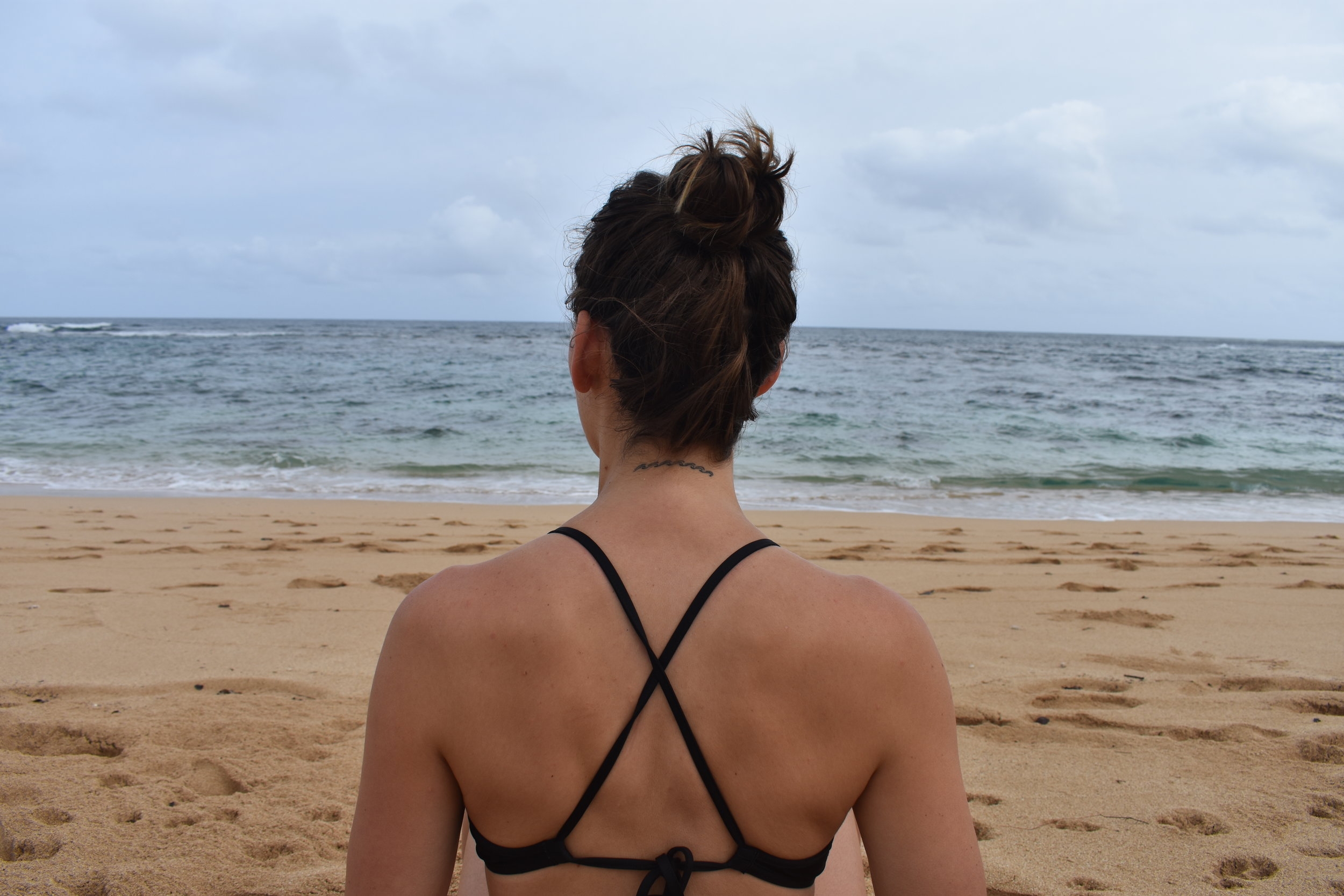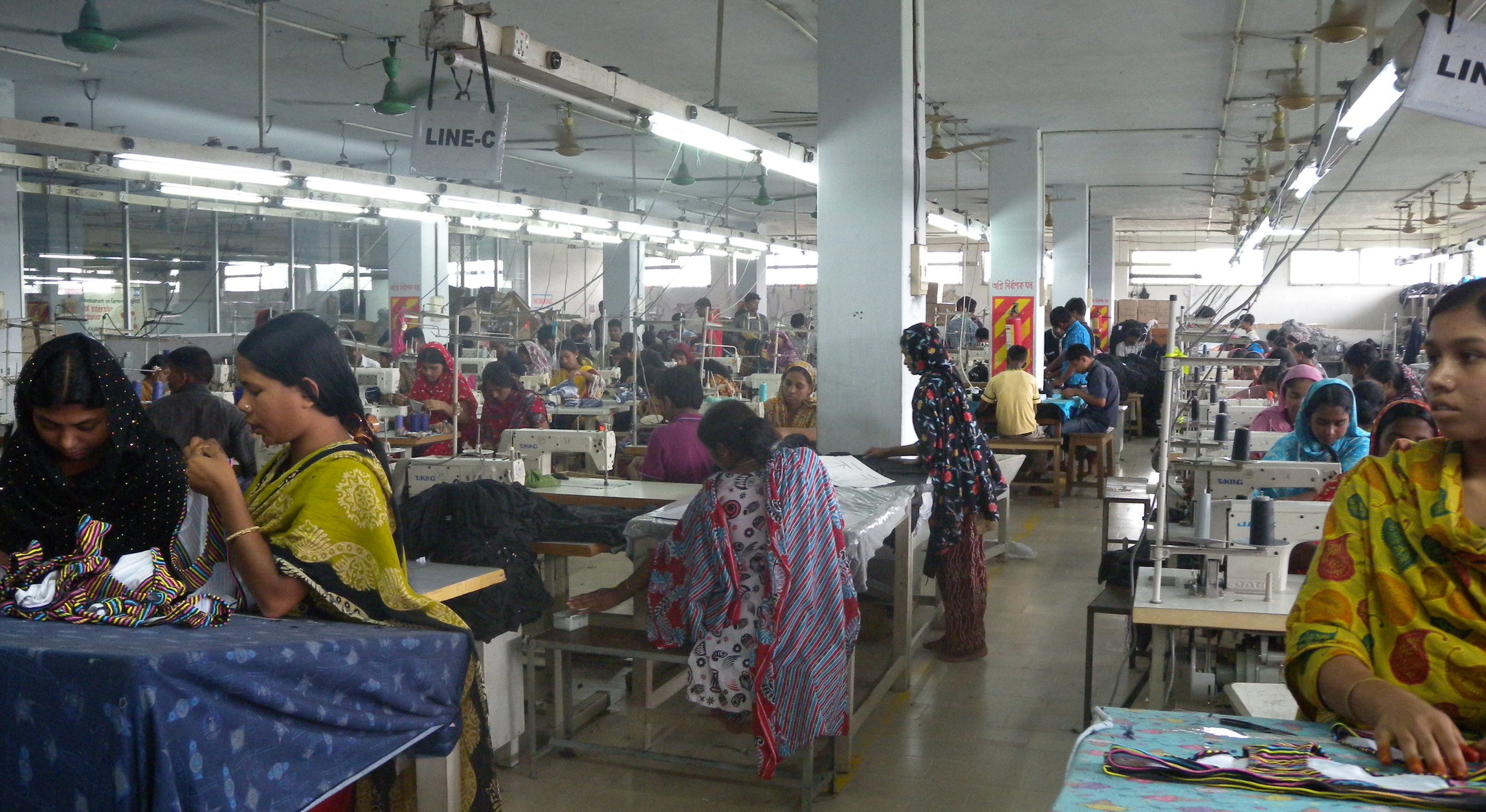Frankly, I can't believe I haven't written about Patagonia before. They are absolutely one of my favorite, and most used, companies. Patagonia sets a high standard for itself with their mission statement:
Build the best product, cause no unnecessary harm, use business to inspire and implement solutions to the environmental crisis.
After quite a bit of research into their company, I personally feel that Patagonia lives up to this mission. Certainly there's always more that can be done, but for many years Patagonia has been systematically approaching different aspects of their sourcing and production processes to identify and handle as many humanitarian and environmental impacts as possible. And they are still striving to improve!
High Quality Goods
Men's Lightweight Bluffside Shirt - 60% organic cotton/40% polyester
It's hard to track down any concrete numbers about how long Patagonia's products actually last, but I don't think you'd find many people in the clothing or outdoor world who would question the quality of them. I can tell you personally that all my Patagonia gear is in great shape, though I don't think I've had much of it for over 5 years.
I'd say the evidence to the quality can be seen through both their Ironclad Guarantee and their Worn Wear site.
Their Ironclad Guarantee is as follows: "We guarantee everything we make. If you are not satisfied with one of our products at the time you receive it, or if one of our products does not perform to your satisfaction, return it to the store you bought it from or to Patagonia for a repair, replacement or refund. Damage due to wear and tear will be repaired at a reasonable charge."
Worn Wear
Patagonia created their Worn Wear site to help keep their products in use as long as possible, functioning off the idea that the single best thing we can do for the planet is keep our gear in use longer and cut down on consumption.
Here's how it works:
- You buy something used on Worn Wear or new from Patagonia
- You wear it, adventure in it, and get as much use out of it as you can, and always repair and care for it
- When you stop using it, trade it in at a Patagonia store, you'll get some store credit and they will prep it to be resold on Worn Wear
- When gear is beyond repair, responsibly recycle it
I haven't purchased anything from Patagonia since they launched Worn Wear, but I will definitely try it out the next time I have a need for something from them!
Environmental impact / sustainability
Women's Solid Kupala Top - made of 83% recycled nylon/17% spandex blend. Fair Trade Certified™ sewn.
sustainable materials
Organic Cotton: In 1996 Patagonia made the switch to using only organic cotton (GOTS certified)
Textiles: 56% of their fabrics are Bluesign® certified.
Recycled Materials: Patagonia makes extensive efforts to use recycled materials for their fabrics, including recycled cotton, down, nylon (see above), polyester, and wool.
Let's take, for example, Patagonia's slow-washed wool. For wool to not be itchy as a base-layer, it needs to be treated to remove the irritating scales that are present on every fiber. The industry standard is a chlorine treatment that can be harmful in wastewater, but Patagonia chose to avoid this and, instead, decided to use an innovative treatment employing ozone to remove scales. This process releases only water and oxygen as by-products, which helps keep waterways clean. This less impactful process takes longer than the conventional model and therefore was termed "slow-washing." Slow-washing also produces a stronger, more durable wool because the standard, aggressive chlorine treatment to descale wool also weakens the fiber. So Patagonia checked two boxes with this move: more sustainable and environmentally friendly and a higher quality product!
Some iteration of the Women's Airshield Jacket - I purchased this used for $18!
sustainable choices
Patagonia is a member of the Sustainable Apparel Coalition, 1% For The Planet, and is a certified B Corp
Patagonia is one of the few apparel companies that actually encourages repair, reuse, and re-sale of their goods. Several of my own Patagonia items are second-hand (see my jacket to the right).
Patagonia made waves when they published an article titled "Don't Buy This Jacket" on Black Friday in 2011. Why? Because they wanted to acknowledge that even their sustainably made clothing has a big impact. That's why on Black Friday in 2016, Patagonia donated 100% of sales to grassroots environmental organizations.
Guppyfriend washing bag
I have a post fully dedicated to these washing bags here, but to summarize: Patagonia knows that their synthetic apparel items, like those ever popular fleeces, shed plastic microfibers, and they're taking it seriously. While they are currently engaging in microplastic research studies to determine industry-level solutions to the problem, they encourage consumers to use these affordable washing bags to prevent plastic fibers from synthetic garments from making their way from washing machines into rivers and oceans.
“When we reduce environmental harm, we end up producing better-performing, higher-quality Patagonia garments.”
I purchased two of these bags from Patagonia, and I love them!
Education /activism
This may seem like a weird section to have, but Patagonia uses their site not just as a store, but as an educational platform about environmental issues ranging from public lands here in to US, preservation of land in Chile, stances on dams and dam removal, coastal protection, labeling GMO products, protecting the organic label, to responsible sourcing.
They also have well laid out Environmental and Social Initiatives, available in store and online.
labor conditions/Ethics
A clothing textile garment factory / assembly line in Bangladesh (Not one of Patagonia's). Photo by: Tareq Salahuddin
The Atlantic wrote an awesome article in 2016 detailing Patagonia's struggle to have their workers treated well all throughout their supply chain. Patagonia is a company with a genuine desire to have a supply train free from human trafficking, forced labor, and worker exploitation, but internal audits in 2011 showed that these things did indeed exist in a significant number of their second tier suppliers (the mills which take raw materials and produce fabrics, textiles, etc). Workers in these factories were victims of vicious, but locally legal, recruitment practices which generate cycles of fear a debt, leaving workers bound to their jobs, neither able to leave nor make a decent living.
“We’re going to dive very deeply into this issue and we’re going to break trails for the rest of the industry.”
Since 2007 Patagonia has been working to handle issues in their production process. They addressed first-tier supplier first, ramping up investigations, working with NGOs to eliminate wage issues, overtime abuses, and health and safety violations. They also decreased the number of first-tier suppliers from 108 to 75, allowing them to exert control over how workers are treated.
The fact that Patagonia is working to inspect, document, and resolve labor issues deep in their supply chain puts them far above the industry standard for companies and NGOs alike. In 2013 Patagonia launched their current Supplier Workplace Code of Conduct, which was considered groundbreaking and got them an invitation to present at the White House Forum on Combating Human Trafficking in Supply Chains led by Secretary of State John Kerry to discuss their work and best practices on the issue.
So, though their not perfect, Patagonia is without question a leader in this industry when it comes to ethical labor, and is willing to dig deep to figure out exactly what goes on to produce their clothing. They also operate with an incredibly high level of ethical transparency, their Footprint Chronicles allow you to see where their mills, factories, and farms are located and what they produce. That's why they received the second highest rating in the 2017 Ethical Fashion Report, which looks at the payment of a living wage, transparency, and worker empowerment.
Animal Welfare
Men's Organic Cotton T-Shirt - Fair Trade Certified™ sewing. Uses no toxic pesticides and saves 27 gallons of water compared to a conventional cotton T-shirt.
Animal welfare is another area where Patagonia holds themselves to an incredibly high standard. You may have heard the controversy between Patagonia and an animal welfare organization called Four Paws when the group called out Patagonia for their inhumane treatment of birds used to make their down filled products. In response to this Patagonia, true to form, conducted an internal investigation to determine exactly what was going on in their facilities. In response, they launched their 100% Traceable Down Standard (pdf) in 2013, which requires third-party auditing of the entire supply chain. These self-imposed regulations require that an independent auditor makes sure no birds are live-plucked or force-fed through every step of the supply chain via periodic audits and other requirements (pdf).
Since 2015, Patagonia has come under fire from PETA several times for their treatment of sheep that their wool is sourced from. The ranch PETA filmed at and was using as an attack was one that Patagonia had already cut ties with. Patagonia has always been excessively transparent with their sourcing and in July 2016 they rolled their new Patagonia Wool Standard (pdf) that lays out strict criteria for animal treatment, land use, and sustainability for wool products. Outside wrote a solid article questioning why PETA keeps taking aim at Patagonia.
I feel as though in this area Patagonia is in infallible, they've definitely made some mistakes. But, they have made incredibly extensive and thorough efforts to correct any wrongdoings, prevent repetition of inhumane practices, and create/maintain high transparency of their sourcing with their customers. I think its easy to attack this brand because they are so vocal about how they value animal welfare, social responsibility, and sustainability. There's nothing wrong with expecting excellence, but I personally feel that PETA's time is better spent elsewhere.
Why have I heard it called Pata-gucci?
Because people are silly. Sure, Patagonia isn't low dollar, but I own plenty of Patagonia gear and I have only ever paid full price for one item, technically three if you include my washing bags. Everything else I got at 25-70% off through sales or purchasing used. And the income of a seasonal biologist is not large, let me tell you! So don't give-in to comparing this incredibly forward thinking company to a fast fashion icon of excess.
Overall
Patagonia sets high standards for itself by pushing for sustainability and ethics across the board. I hope in the future to see more excellent standards set with regards to water and carbon targets, and maybe more ways to recycle different materials. I also eagerly await the day when new clothing is not sent in plastic bags (even if they're recyclable) and hope they continue to work to eliminate plastic waste in their supply chain. Patagonia is a company that I certainly lend my support to, and they definitely get my stamp of approval.






